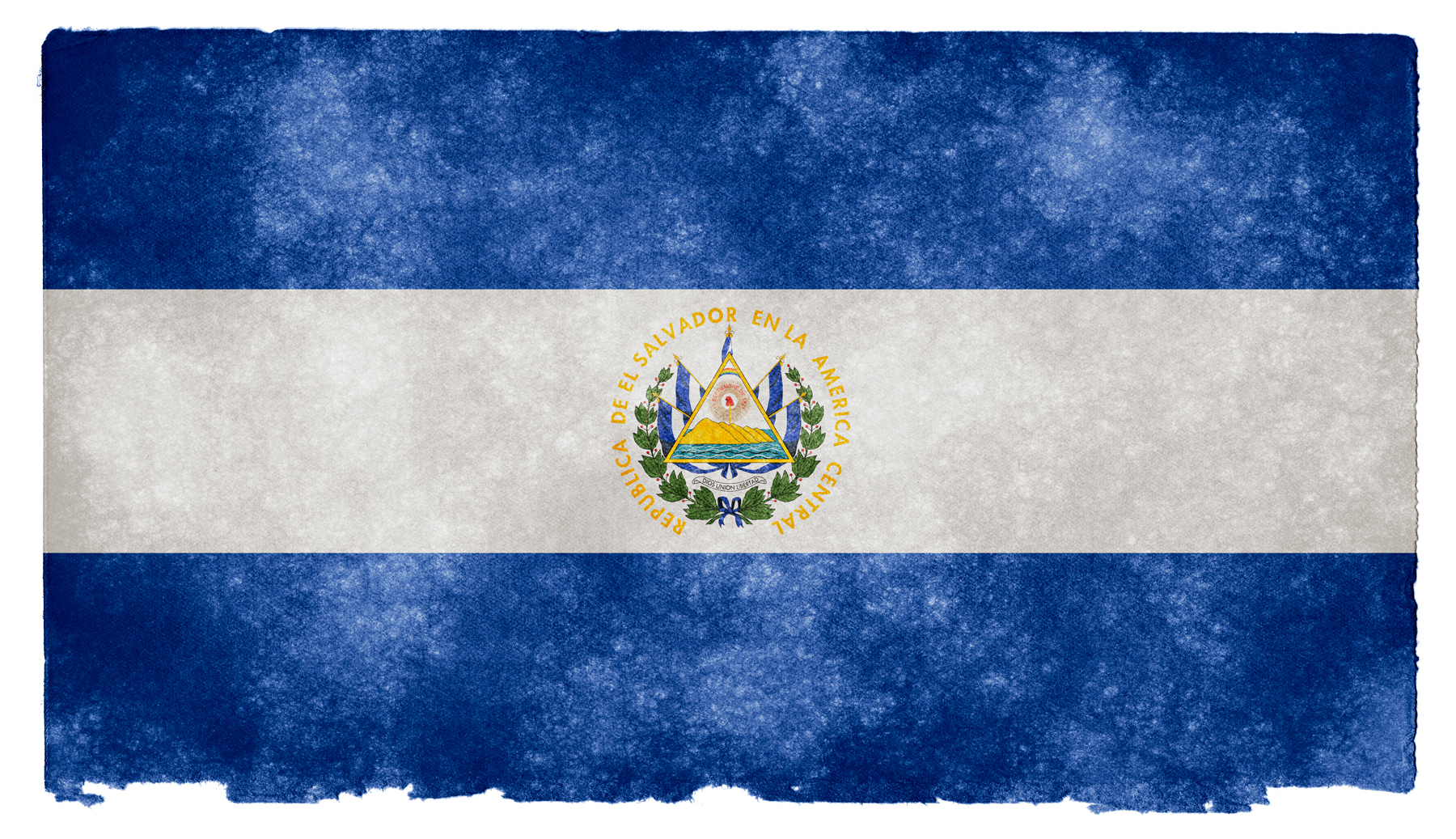Immigration Lawyers in Canada Call for Bureaucracy Fix
It was 1997 when Jose Figueroa and his wife sought immigration to Canada by making a refugee claim. The pair had fled from El Salvador, a country that had been plagued by a 13 year civil war. Though the war in El Salvador had effectively ended in 1992 – five years prior to Figueroa’s entry to Canada, he still faced revenge threats stemming from his affiliation with a resistance group called the Farabundo Martí National Liberation Front (FMLN). Despite the credible threats, Figueroa’s claim was refused in 2000 after the Canada immigration board ruled El Salvador was safe enough for Figueroa and his wife to return to.
With the help of immigration lawyers in Canada, Figueroa and his wife filed an application for humanitarian grounds in 2002, and by 2004 the application was approved in principle. This win, however, was short lived for the immigration lawyers in Canada and their client. Six years later, Figueroa would undergo an inadmissibility process and face a deportation order by the Canada Border Services Agency (CBSA). Though his wife was granted a humanitarian exemption and his three children are Canadian citizens, by September 2013 the CBSA began actively trying to remove Figueroa.
The CBSA had ordered Figueroa’s deportation because of his affiliation with FMLN – a leftist group that had been involved in El Salvador’s civil war. What enraged immigration lawyers in Canada and the public, however, was that Figueroa had not been a part of any of the group’s armed activities and was only an outspoken advocate in an affiliated student union. Additionally, the FMLN has long since been known as a peacetime political party in El Salvador, forming a government and electing two presidents since 2009. Last year the Federal Court Justice Richard Mosley even ruled that FMLN was a “broad based legitimate resistance group… much like the African National Congress in South Africa’s struggle against apartheid.”
Even though the FMLN has never been on Canada’s list of known terror groups, Figueroa was forced to stay in a de facto prison (the Langley Walnut Grove Lutheran church) from 2013 until only a few weeks ago. In Canada, Immigration, Refugees and Citizenship Minister John McCallum finally intervened in Figueroa’s case, granting an exemption from the deportation order on December 21, 2015. After 18 years, Figueroa could finally call Canada his home.
But what does this story say about Canada and immigration? Many immigration lawyers in Canada are calling for a fix. In an interview with The Tyee, Figueroa called out the bureaucracy surrounding Canada immigration because, to no fault of their own, many times the person in charge of making these kinds of decisions simply does not understand the severity of the situation on the other side. As Figueroa put it, “The decision is made at the discretion of a CBSA officer, and the chance for anybody to stay or be deported depends on that one person…That’s the one thing they need to look at how to solve.”
Share this article
Arghavan Gerami
Arghavan Gerami is the Founder and Senior Counsel at Gerami Law Professional Corporation ('PC'), a full-service immigration law firm in Ottawa, Ontario. Since 2011, Ms. Gerami has focused her practice on immigration and refugee litigation. Prior to that, Ms. Gerami worked at the Ministry of Attorney General and the Department of Justice and had the privilege of serving the Honourable Mr. Justice M. Evans at the Federal Court of Appeal on immigration and administrative law appeals. Ms. Gerami contributes to the Immigration Law Section of the Canadian Bar Association, the Canadian Association of Refugee Lawyers, and the United Nations High Commissioner for Refugees. Ms. Gerami has also published numerous journal articles and presented at various immigration and refugee law conferences and events across Canada.

